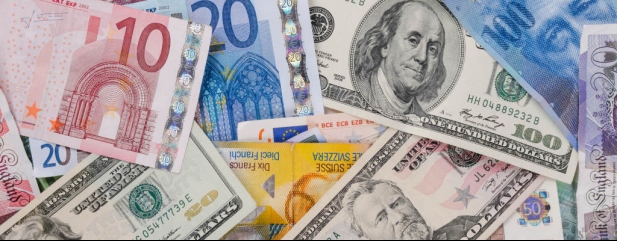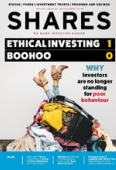Global corporate net debt could jump by as much as $1 trillion this year as companies grapple with the massive impact of the Covid-19 pandemic.
The stark warning comes from the Janus Henderson Corporate Debt Index, which studies the long-term borrowing trends of companies from around the world.
The report estimates that net borrowings (all debt less cash) globally could rise to $9.3 trillion.
‘Borrowing needs will be very large this year, even though companies in our index are set to cut their dividends by $140 billion to $300 billion this year, are slashing share buybacks, putting acquisitions on hold and reducing capital expenditure,’ the study states.
Even before the pandemic began company debts were on an upwards trajectory. Net borrowings around the world surged to a record $8.3 trillion in 2019, according to Janus Henderson data, an increase of 8.1% year-on-year, ‘easily the largest increase of any of the last five years’.
The UK’s corporate borrowings rose by more than 9.5% in 2019, faster than the global average, reaching a record $539 billion.
Vodafone’s (VOD) acquisition of Liberty Global assets accounted for half of that increase, while Royal Dutch Shell (RDSB) borrowed heavily to help fund its $15 billion dividend, a payout that was cut in April for the first time since the Second World War.
‹ Previous2020-07-16Next ›

 magazine
magazine








